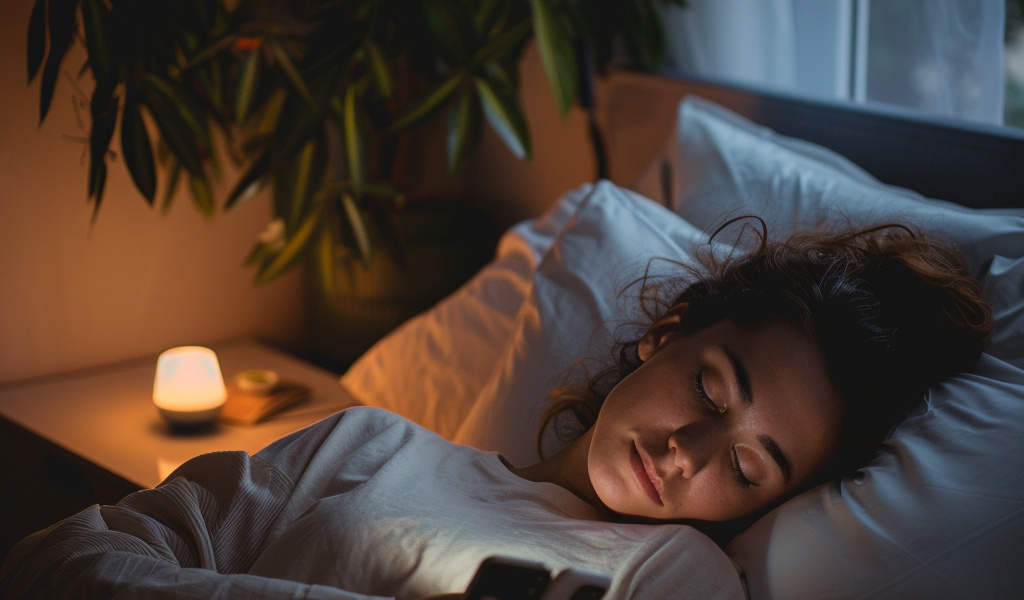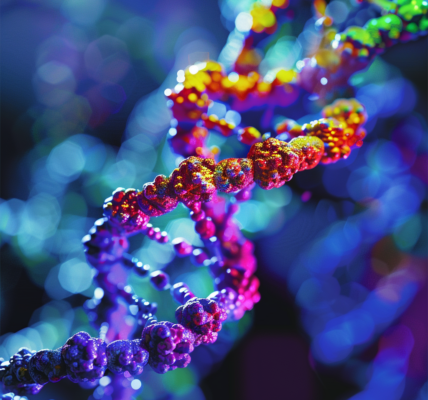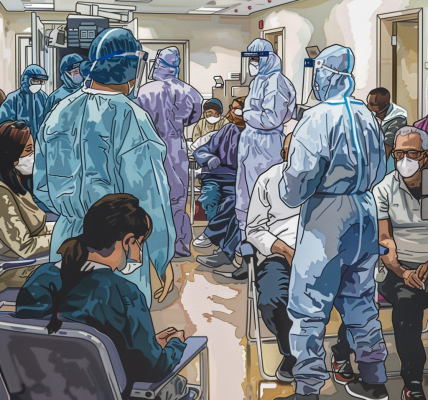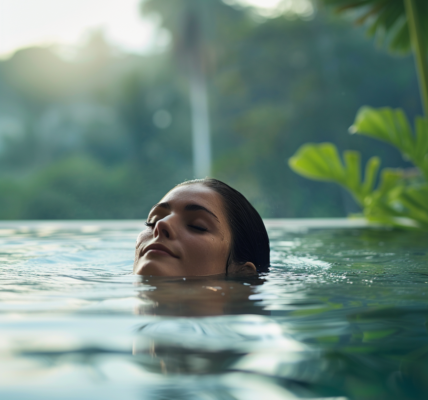Smartphones have become an integral part of our daily lives, but concerns have been raised about their potential impact on our sleep patterns, particularly due to the blue light emitted from screens. However, new research suggests that the fear of blue light disrupting our sleep may be overblown.
While natural sources like the sun emit blue light, the artificial blue light from LEDs and screens has become a common concern, as it is known to suppress melatonin, the hormone responsible for regulating our sleep-wake cycle. The prevailing belief was that the blue light from smartphone screens could make it harder for us to fall asleep. But recent studies indicate otherwise.
Studies, including a review of 11 research papers published in Sleep Medicine Reviews, have failed to establish a significant link between screen light exposure before bedtime and difficulties in falling asleep. This challenges the widely held assumption that scrolling through your smartphone in bed can disrupt your sleep patterns.
Experts like Stuart Peirson, a professor of circadian neuroscience at Oxford University, have pointed out that the evidence linking smartphone use before bedtime to sleep disturbances is not as strong as previously thought. While an earlier study from Harvard in 2014 suggested that screen use before sleep could delay the onset of sleep by about 10 minutes, the conditions of the study, such as prolonged exposure to screen brightness, may not accurately reflect real-world scenarios.
Peirson emphasizes that the intensity of light plays a crucial role in its effect on sleep and circadian rhythms. Compared to natural light sources like the sun or even LED bulbs, smartphone screens emit relatively weaker light. Additionally, advancements in technology, such as adaptive brightness settings on smartphones, help mitigate the potential impact of screen glare in dimly lit environments.
Contrary to popular belief, the evidence indicates that other sources of artificial light in our living spaces, such as electrical lighting, may pose a greater risk of disrupting melatonin production than smartphone screens. While concerns about screen time and its effects on sleep persist, the current research suggests that the narrative around blue light from smartphones causing significant sleep disturbances may need reassessment.





